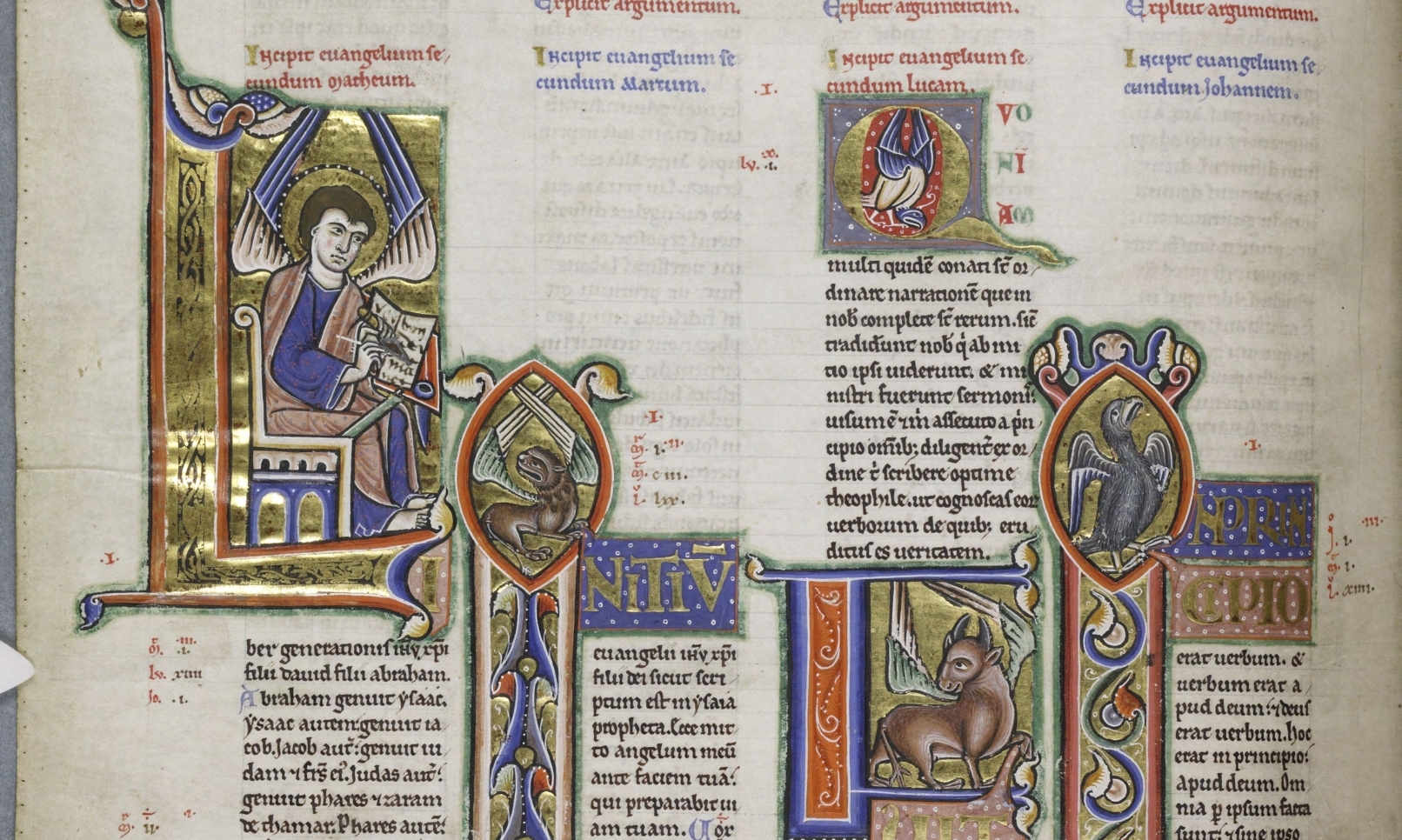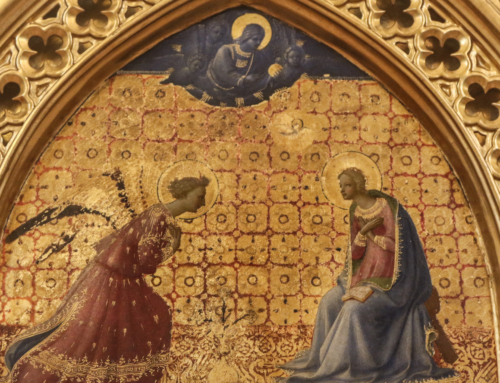Opening lines are important. They startle us and rein us in.
Marley was dead: to begin with.
They speak directly to us, making demands or proffering invitations.
Call me Ishmael.
They throw us into the action and web of relationships.
“Where’s Papa going with that ax?” said Fern to her mother as they were setting the table for breakfast.
Long after we’ve read a master work, these opening lines remain with us. They are much like the first encounter with an intimate friend. We remember the time, place, and circumstances. Such is the incipit of a great book.
The opening line to the New Testament is important.
The book of the genealogy of Jesus Christ, the son of David, the son of Abraham (Matt 1:1).
But we might be disappointed that it does not startle us or rein us in. Is it not banal to begin a book with “book”? And what could be so dusty and dry as a genealogy? Finally, where’s the verb?
“Stop judging by appearances, but judge justly” (John 7:24). Matthew’s opener is an earthquake.
It announces a new creation. Beneath the English translation lies an allusion to the beginning of volume one of God’s two-volume saga of salvation. “Genealogy” translates geneseos. Nativity, generation, genesis. Matthew is announcing a new book of genesis. A new birth. A new creation.
It announces the promised son. God made a covenant with Abraham and promised him a son. “Your wife Sarah is to bear you a son, and you shall call him Isaac. It is with him that I will maintain my covenant as an everlasting covenant and with his descendants after him” (Gen 17:19). God made a covenant with David and, again, promised a son. “When your days have been completed and you rest with your ancestors, I will raise up your offspring after you, sprung from your loins, and I will establish his kingdom. He it is who shall build a house for my name, and I will establish his royal throne forever. I will be a father to him, and he shall be a son to me” (2 Sam 7:12-14). The Jesus of whom Matthew speaks is to be a New Isaac, a New Solomon. He is the answer to God’s promises. “For however many are the promises of God, their Yes is in him” (2 Cor 1:20). He is the promised son.
It announces the Messiah. The very axis of this verse is the Holy Name of Jesus Christ, “the name that is above every name,” the name at which “every knee should bend, of those in heaven and on earth and under the earth” (Phil 2:9-10). For generations, God’s people awaited their Messiah—the Christos. Matthew indicates that the time of waiting has passed.
The opening line to the New Testament requires no verb, for it announces the Verbum Dei, the Word of God, who is pure act and in whom “were created all things in heaven and on earth” (Col 1:16). And this Verbum, born of the Father before all ages, has condescended to be born in human weakness within an imperfect human family.
Jesus, the Word made flesh, has come to enact a new creation, to confirm God’s everlasting covenant, to constitute a kingdom. “The Christos is come,” announces Matthew in the opening line to the New Testament—a line which should startle us and rein us in, a line which speaks directly to every soul seeking redemption, a line that throws us into the action of God and announces his salvation.
✠
Image: Bible from St. Albans (c. 1170), f. 205v of Manuscript 048 from the Parker Library at Corpus Christi College, Cambridge (CC BY-NC 4.0)







